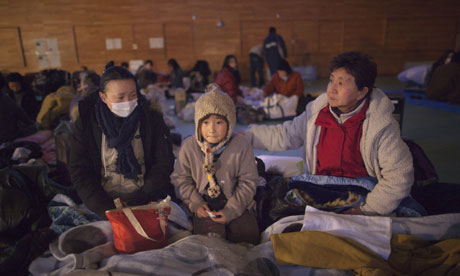Vitiligo is a chronic, unpredictable disease causing a loss of skin colour in patches. People of all ages and from all ethnic backgrounds can develop the disease.
Vitiligo does not cause physical symptoms but because of its unsightly appearance, particularly on dark or tanned skin it can have considerable impact both psychologically and socially.
About the Treatment:
Many ways of restoring normal colour to the skin have been tried but improvement is usually short‐lived.
The causes of vitiligo are not yet clearly understood, so many treatments have been developed on the basis of limited scientific evidence. Skin may be moved (grafted) from normally pigmented areas and placed onto areas where there is pigment loss.
Several cover-up makeups or skin dyes can mask vitiligo.
About 0.5 to 1 percent of the world's population, or as many as 65 million people, have vitiligo.
In the United States, 1 to 2 million people have the disorder. Half the people who have vitiligo develop it before age 20; most develop it before their 40th birthday.
The disorder affects both sexes and all races equally; however, it is more noticeable in people with dark skin.
Vitiligo seems to be somewhat more common in people with certain autoimmune diseases, including hyperthyroidism (an overactive thyroid gland), adrenocortical insufficiency (the adrenal gland does not produce enough of the hormone called corticosteroid), alopecia areata (patches of baldness), and pernicious anemia (a low level of red blood cells caused by the failure of the body to absorb vitamin B12).
Scientists do not know the reason for the association between vitiligo and these autoimmune diseases. However, most people with vitiligo have no other autoimmune disease.
Vitiligo may also be hereditary; that is, it can run in families. Children whose parents have the disorder are more likely to develop vitiligo. In fact, 30 percent of people with vitiligo have a family member with the disease. However, only 5 to 7 percent of children will get vitiligo even if a parent has it, and most people with vitiligo do not have a family history of the disorder.
Who is affected by vitiligo?
About 0.5 to 1 percent of the world's population, or as many as 65 million people, have vitiligo.
In the United States, 1 to 2 million people have the disorder. Half the people who have vitiligo develop it before age 20; most develop it before their 40th birthday.
The disorder affects both sexes and all races equally; however, it is more noticeable in people with dark skin.
Vitiligo seems to be somewhat more common in people with certain autoimmune diseases, including hyperthyroidism (an overactive thyroid gland), adrenocortical insufficiency (the adrenal gland does not produce enough of the hormone called corticosteroid), alopecia areata (patches of baldness), and pernicious anemia (a low level of red blood cells caused by the failure of the body to absorb vitamin B12).
Scientists do not know the reason for the association between vitiligo and these autoimmune diseases. However, most people with vitiligo have no other autoimmune disease.
Vitiligo may also be hereditary; that is, it can run in families. Children whose parents have the disorder are more likely to develop vitiligo. In fact, 30 percent of people with vitiligo have a family member with the disease. However, only 5 to 7 percent of children will get vitiligo even if a parent has it, and most people with vitiligo do not have a family history of the disorder.
Prevention - Cure:
There is no cure, and no way of limiting the spread of the disease has so far been found.











